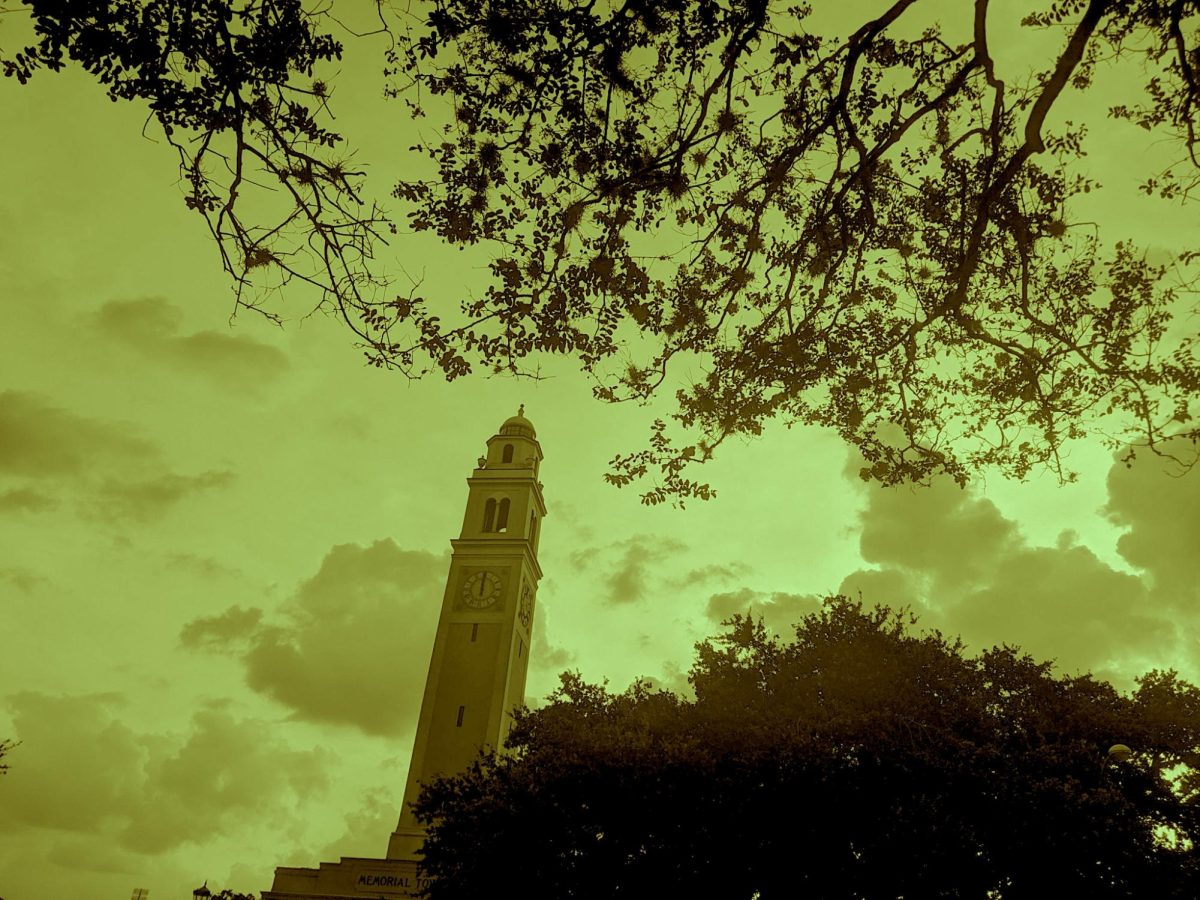The cause is unknown. It can’t be stopped with a healthy diet or hygiene, and excitement and stress makes it worse.Acne developed during puberty often continues to haunt young adults well into their college years and can show up unpredictably in adults.Nearly 50 million Americans have acne, and 85 percent of teenagers develop the skin condition, which can last into adulthood, according to the American Academy of Dermatology, “It’s not necessarily something you outgrow,” said William Poche, Baton Rouge dermatologist. “We’re seeing people spark at 30 that never really had it before.”Poche said though acne usually peaks at about age 18, his practice sees many college-aged patients. And some of his patients are more than 50 years old.A 2007 study published online in the Journal of the American Academy of Dermatology showed of the more than 1,000 male and female subjects tested, more than 50 percent of women and 43 percent of men experienced acne in their 20s.Common treatments for the condition include topical retinoids, topical antimicrobials, oral antibiotics or isotretinoin, according to AAD.Accutane, a well-known isotretinoin treatment for acne, was pulled from the market by Swiss health care company Roche Holding AG in June because of pending litigation against the medication and other business decisions.Poche said Accutane still has 120 generics worldwide. Many Baton Rouge pharmacies still carry either the brand Accutane or its generic formulas. Carolyn Lancon, pharmacy supervisor in the Student Health Center, said the center no longer carries Accutane, which had to be special ordered for patients, but generics are still available at much lower prices. As of Nov. 19, the Health Center has filled 50 prescriptions of generic Accutane medication and about 570 total prescriptions for acne medication this year. Not included in the totals are three forms of oral treatments and some birth control prescriptions for the condition, like Ortho Tri-cyclen. Poche said, and about 400 medications exist for acne.More traumatizing than the pustules associated with acne is the psychological stress that usually accompanies breakouts, he said.”This is evidenced by all the commercials that you see … people are cosmetically embarrassed,” Poche said.Acne can often leave scars, he said, but laser treatment can often nullify unsightly aftermath.But Ira Thorla, Baton Rouge dermatologist, said though permanent scarring from acne is rare, it is difficult to repair. Poche said dermatologists still cannot articulate the cause of acne, and it cannot be cured — only treated. He said stress or excitement can’t cause the condition to develop, but it can cause flareups. Thorla said hormones trigger acne, not poor diet or hygiene. He said many male students break out in college because the male body is still changing hormonally after the 20-year mark, and students usually drop off treatment when they enter college.”We see people that are away for the first time … It sort of sends some of them over the edge,” Poche said.But Poche said the efficacy of new medicine has drastically improved from methods 10 or 20 years ago.Thorla said Accutane has been linked to emotional disorders, irritable bowel conditions and severe danger to pregnant women. But he said isotretinoin is also responsible for much of the substantial improvements in acne treatment in past few decades, and its introduction to the market 30 years ago revolutionized acne treatment outcomes. Thorla said Proactiv, which relies on a main ingredient of benzoyl peroxide, is often overrated, but he recommends over-the-counter remedies as a first-stop for breakouts before consulting a physician.He said birth control medication is also a standard therapy today, and modern pills deliver more hormones with fewer side effects than those in previous decades. He said a large portion of the birth control market comes from dermatologist prescriptions.To keep breakouts at bay, Thorla suggests reducing stress.”Really there’s not much you can do — just try to have good health practices,” Thorla said. Kami Savoie, general studies senior, said her college acne shows up when she’s stressed, but she only suffers the physical aspect of the condition. Her only worry is the occasional pimple, and she said she uses over-the-counter products too control her acne. Randall Weber, civil engineering senior, said his acne does not flare up because of stress but from Baton Rouge’s water. He used Accutane in high school, and it only exacerbated his acne.”It was painful. It made my face dry and flaky, and I broke out like crazy,” Weber said.
– – – -Contact Sarah Lawson at [email protected]
Students seeing effects of acne
November 30, 2009





